Google just has to grow. It has to keep growing. But Google grows at its own peril. Google grew so much that what happened? It outgrew Google. Google had to become what? Alphabet. Now what is Alphabet? Alphabet is not Google. Alphabet is a holding company. So Google’s new business as Alphabet is to do what? It’s to buy and sell technology companies. So, once a company becomes just too big to flip anymore, it becomes a flipper of other companies.
Archive (Page 2 of 4)
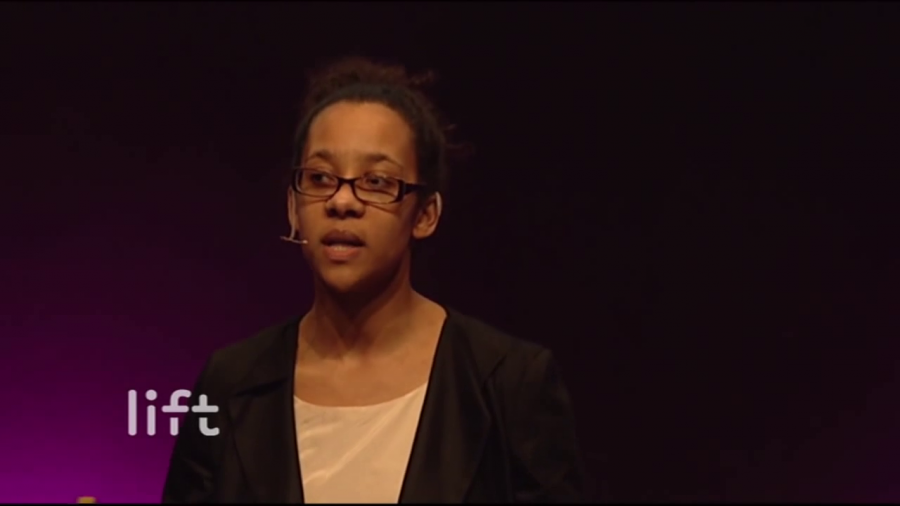
One of the things that was happening at the time is that one of the accusations that was being made, or that was being proffered by people who made sort of snap, knee-jerk responses to what was going on is that social media is being blamed. Social media was blamed for the worst civil unrest that England had seen in recent years.
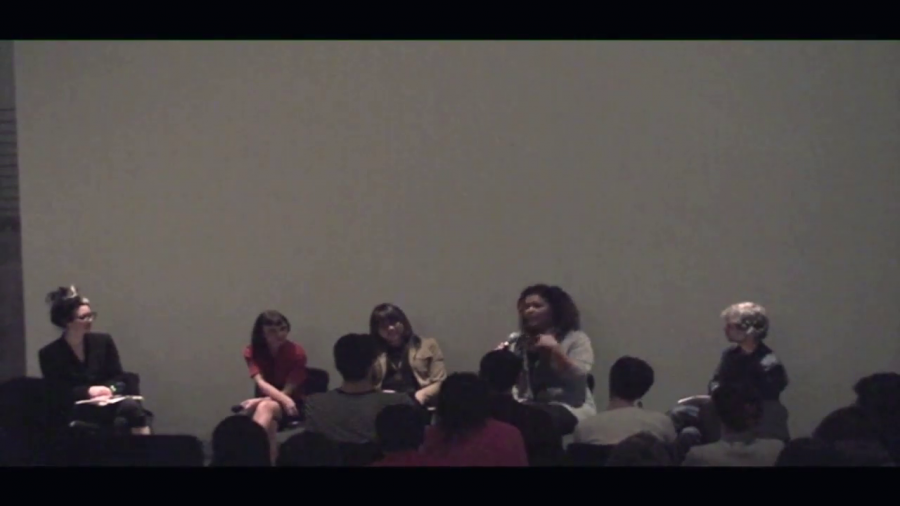
I think that we need a radical design change. And I might ask if I were teaching an HCI class or design class with you, I would say, “How are you going to design this so that not one life is lost?” What if that were the design imperative rather than what’s your IPO going to be?
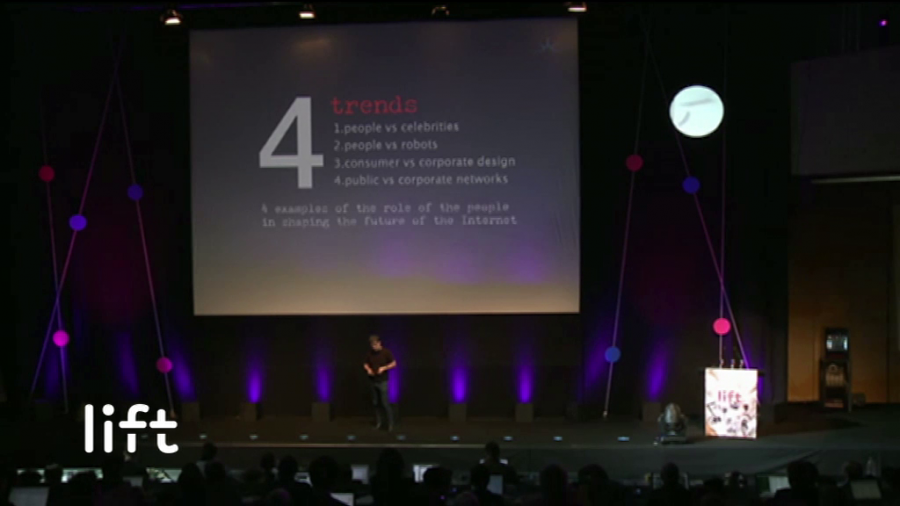
This quote’s from Andy Warhol. He was looking at America and saying America’s different. He’s saying, “Well, Elizabeth Taylor’s drinking Coke and I’m drinking Coke and the bum on the street’s drinking Coke, and it’s all the same thing.” For the first time in history, mass market culture has allowed us all to enjoy the same thing. This is not champagne. The bum on the street can’t afford champagne.
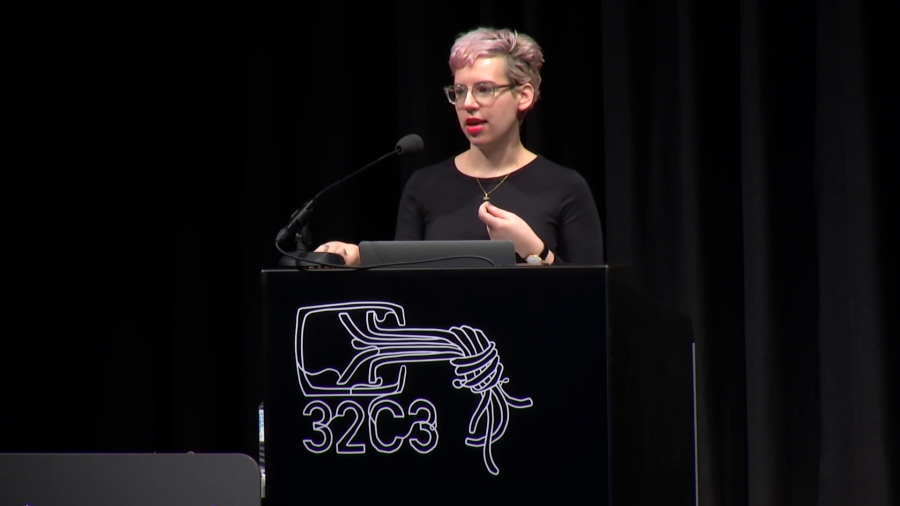
I wonder with all these varying levels of needs that we have as users, and as we live more and more of our lives digitally and on social media, what would it look like to design a semi-private space in a public network?
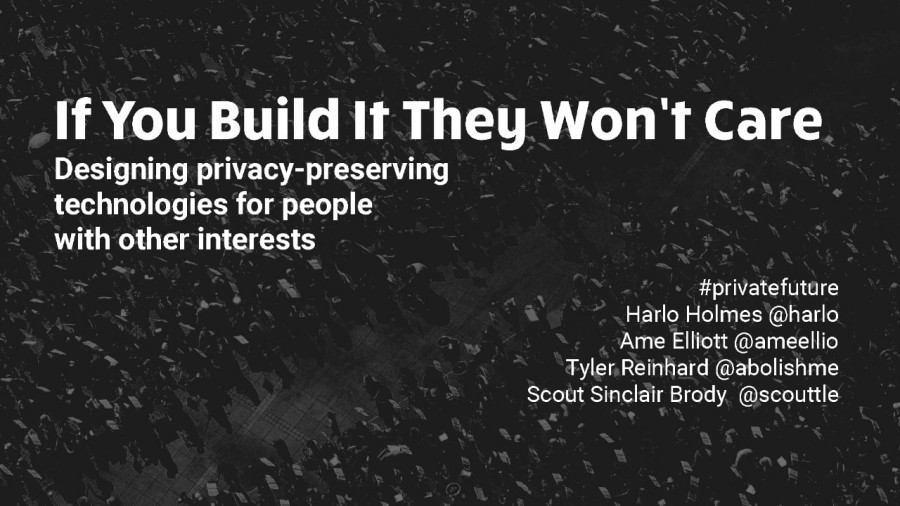
I think that privacy is something that we can think of in terms of a civil right, as individuals. […] That’s a civil rights issue. But I think there’s also a way to think about it in terms of a social issue that’s larger than simply the individual.

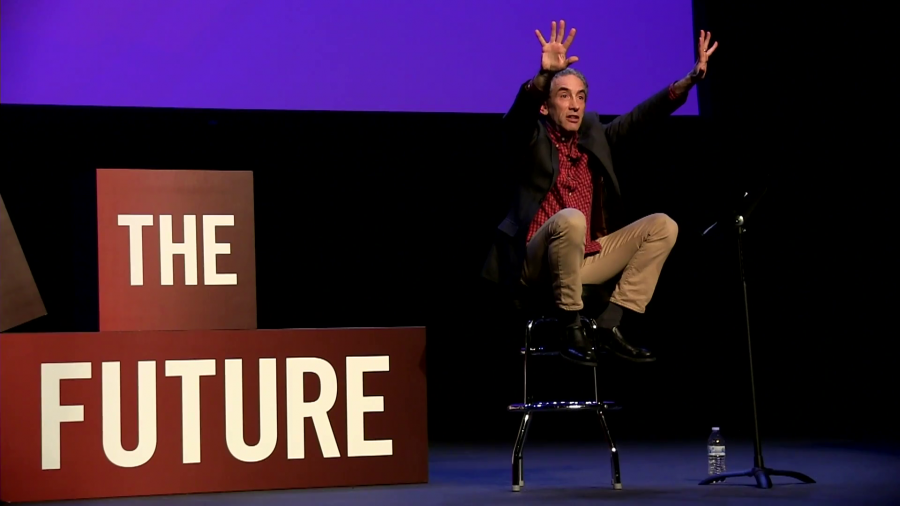
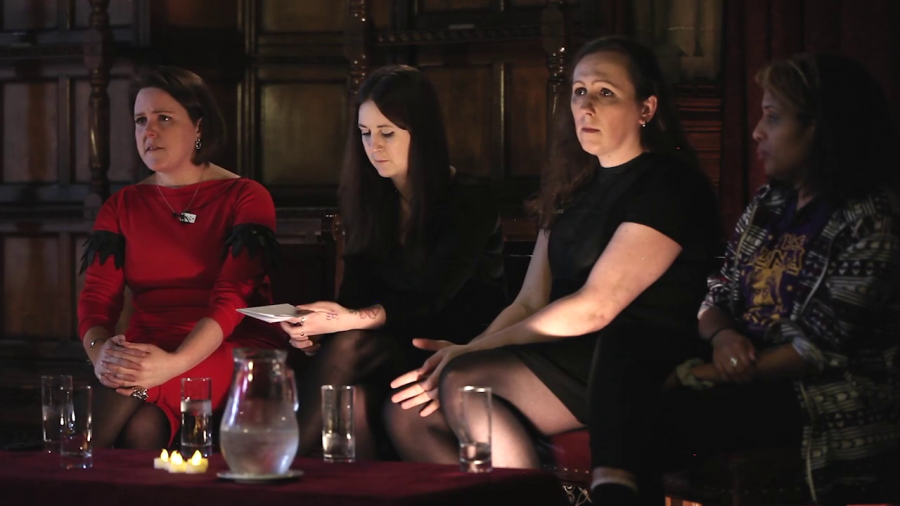
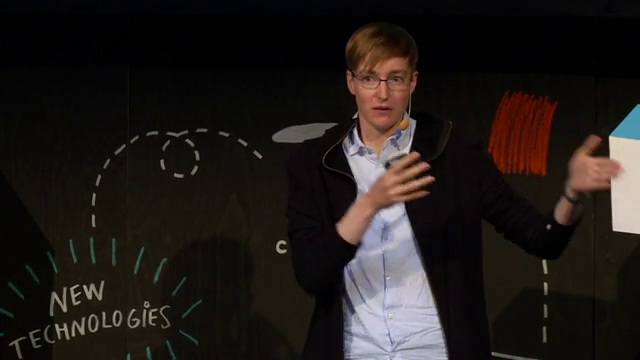
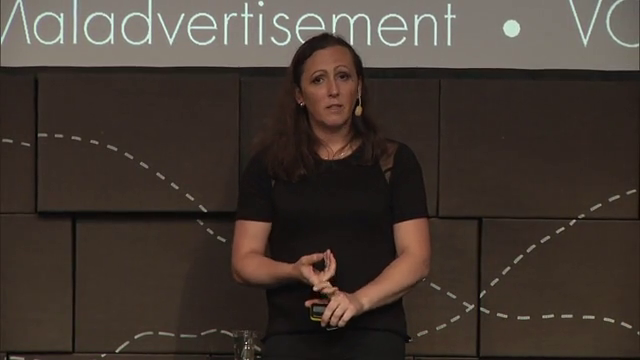
Katherine Cross at The Conference 2015
Simply put, anonymity does not cause harassment. It does play a role, but it’s much much more complicated than most people have made it out to be. The reason that this is important to understand is because it’s having a practical impact on the world right now.